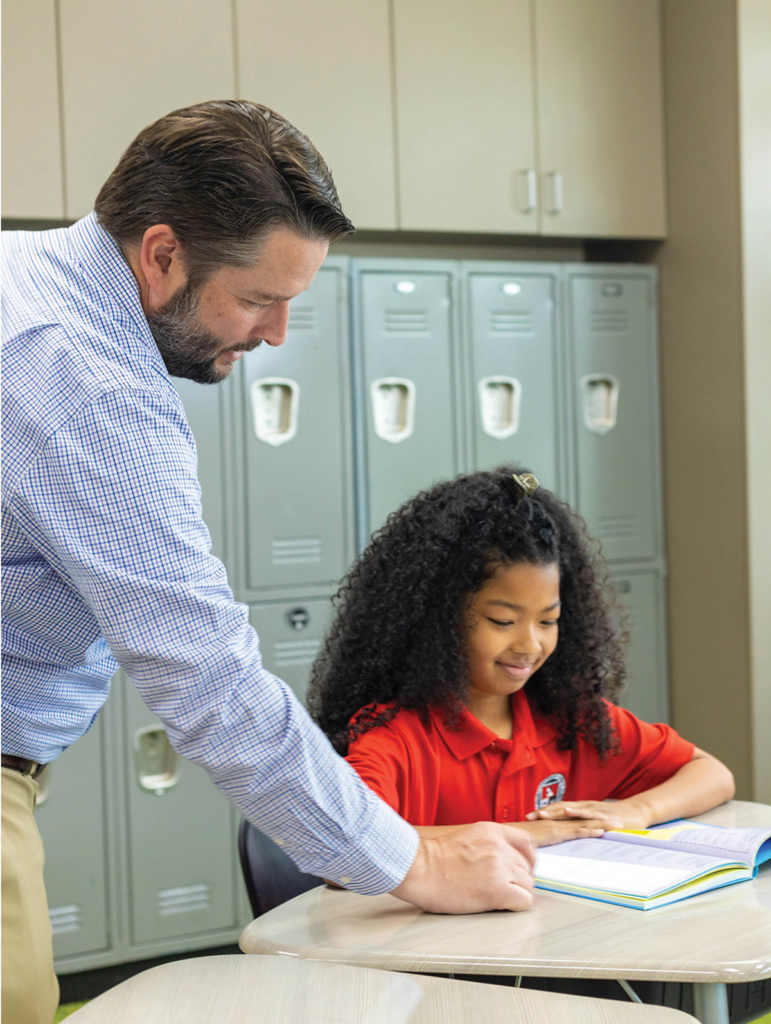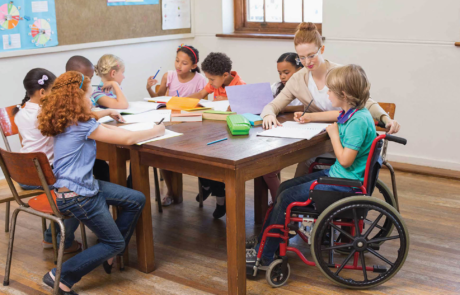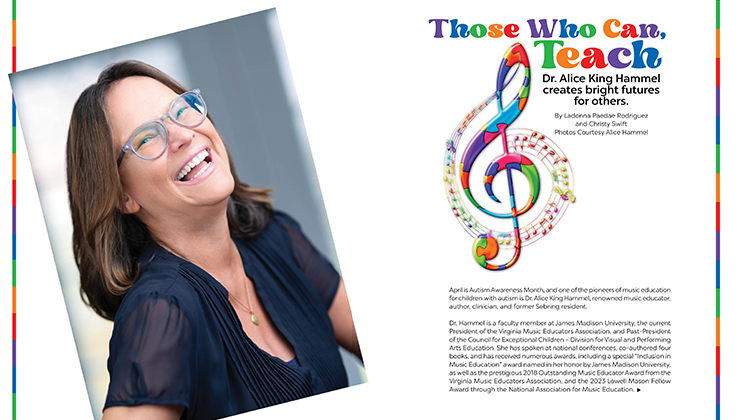By Rebecca Maglischo
In the decade prior to 2020, public school student enrollment rose steadily until government response to the COVID-19 pandemic included public school closures. Upon reopening, the number of students enrolled nationwide in elementary and secondary schools had dropped by 1.4 million. The National Center for Education Statistics reported a slight increase in enrollment in 2021, but numbers again plummeted for the 2022 school year. While no data can account for all of these missing students, reports are clear that the number of families choosing private school, home school, or a variety of alternative school options has drastically risen. Families are choosing new education options that better suit their needs and schedules, despite the increased financial responsibility that comes with these choices. Families who can afford to make these choices have done so. But on March 27, 2023, policymakers set into action House Bill 1 which will change the landscape of education in Florida in drastic ways.
Florida’s Family Empowerment Scholarship for Educational Opportunities (FES-EO) Education Savings Account Program (ESA) is now the most expansive ESA program in the United States, with nearly 3 million eligible students funded for a flexible education, chosen by their parents. It allows K–12 students to receive an ESA funded by the state and administered by an approved scholarship-funding organization (SFO). Families can use the funds to pay for a variety of educational services, including private school tuition and fees, tutoring, online education, home education, curriculum, unbundled courses and services at a public school, tuition and fees for a choice navigator, therapy, postsecondary educational institutions in Florida and other defined educational services. The program is not income-based, seeking to help all families make choices in education that align with their personal family structure and beliefs. Additionally, the program helps tens of thousands of low income families gain access to schools that meet the needs of their students.
Florida’s Family Empowerment Scholarship Program is funded through the Florida Education Finance Plan, and the per-pupil amount varies according to grade, county, and a few other factors. In 2021-2022, that amount was $7,612 divided and deposited quarterly into participant ESAs from the state’s general revenue fund. Parents can utilize this money through direct pay to approved providers or private schools or by submitting invoices and other documentation for reimbursement. Additionally, families can opt to direct some of the funds into Florida Prepaid college accounts or Florida 529 Educational Savings Plans.


Children with unique abilities may have different educational needs. Families supporting alternative education options for these students can apply for the Family Empowerment Scholarship for Unique Abilities (FES-UA). This program is for students from age three through grade 12 or age 22 (whichever comes first) who have a specific diagnosis including speech impairment, autism spectrum disorder, specific learning disability, visual impairment, orthopedic impairment, emotional or behavioral disability, and many more. This program allows families to opt out of public school and use the ESA to privately pay for the therapies and educational needs that are best suited for the student. Prior to House Bill 1, growth in this program was capped at one percent annually. The new policy allows funding for more families by increasing the cap to three percent annually.
The Family Empowerment Scholarship for Educational Opportunities serviced just 15,000 students in 2020. Over the next 2 years, that number grew to 35,000 and 85,000 students, respectively. The 2023-2024 school year will undoubtedly show exponential growth again in light of the expansion of these programs. The application process for both programs is simple, and though families are required to complete an annual renewal, the programs generally avoid unnecessary and counterproductive regulations. Families in Florida are speaking with their keyboards. They want choices when it comes to education… and policymakers seem to be hearing that cry.





